Aerospace Bristol has started to build the new home of Concorde 216, the final Concorde to be built and the last Concorde to fly.
The new hangar is being built at the former Filton Airport in Bristol as part of a new Aerospace Centre telling the story of the region’s world-class aerospace industry. It will open in summer 2017.
“That we should find a fitting home for Concorde here at Filton is a statement and testimony to the achievements of everyone involved in the development, the production and the support of Concorde, and to the citizens of Bristol who are so proud of our aeroplane,“ said Iain Gray, Chairman of the Bristol Aero Collection Trust.
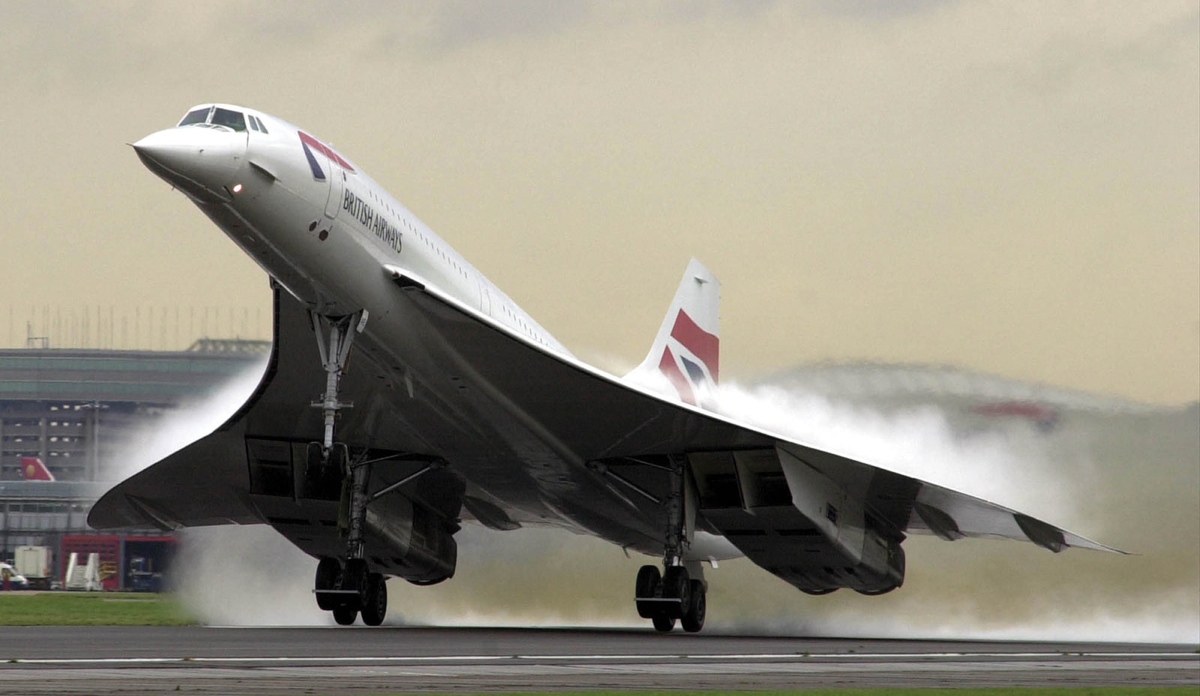 The development of Aerospace Bristol and the construction of the new Concorde hangar has been made possible by the support of Founding Partners BAE Systems, Airbus, Rolls-Royce, South Gloucestershire Council and the Heritage Lottery Fund. In addition, the project has attracted support from Bristol City Council, the LEP Local Growth Fund, the Libor Fines Fund, as well as GKN, Renishaw, the Medlock Charitable Trustand John James Foundation. Fundraising is not yet complete – a further £2m is required to finalise the project.
The development of Aerospace Bristol and the construction of the new Concorde hangar has been made possible by the support of Founding Partners BAE Systems, Airbus, Rolls-Royce, South Gloucestershire Council and the Heritage Lottery Fund. In addition, the project has attracted support from Bristol City Council, the LEP Local Growth Fund, the Libor Fines Fund, as well as GKN, Renishaw, the Medlock Charitable Trustand John James Foundation. Fundraising is not yet complete – a further £2m is required to finalise the project.
Mark Stewart, Airbus UK General Manager, said, “Airbus is a long term supporter of the Bristol Aero Collection Trust and we have been the custodians of Concorde since its last landing in 2003.
“We have taken care of this iconic aircraft – it is possibly the finest symbol of our aerospace heritage in Filton and Bristol – and it is great that it will continue to be loved and cared for by the Bristol Aero Collection Trust.”
Aerospace Bristol


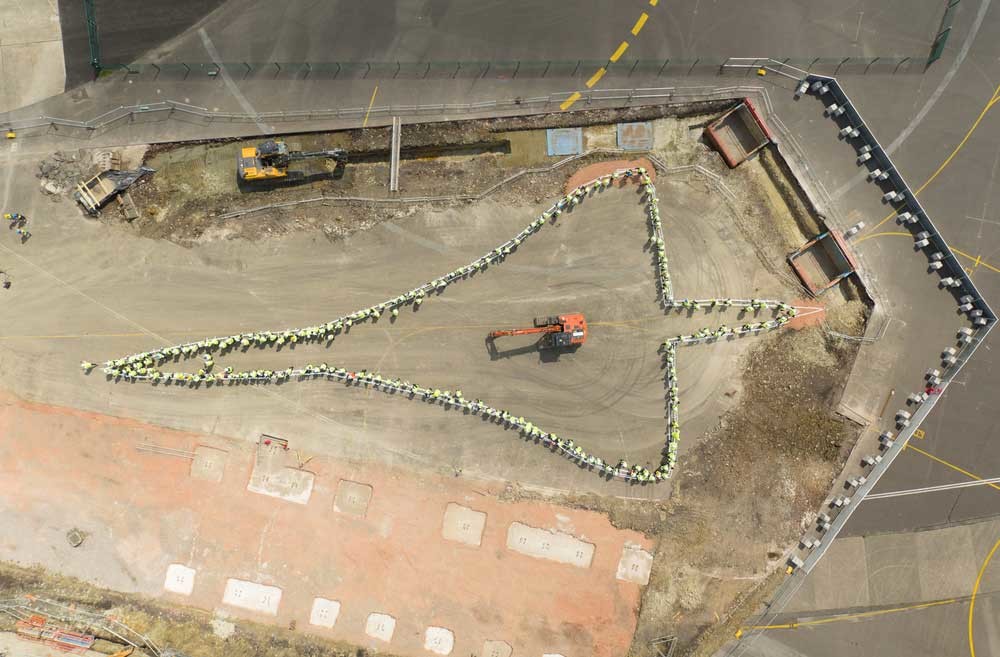

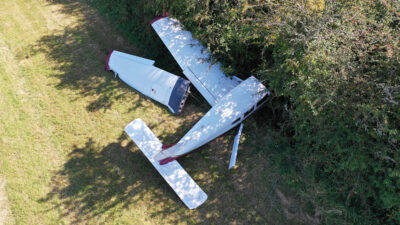
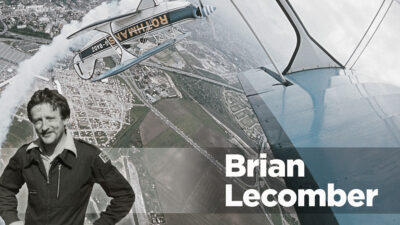

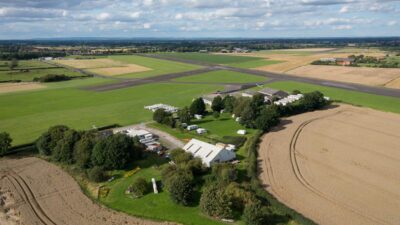
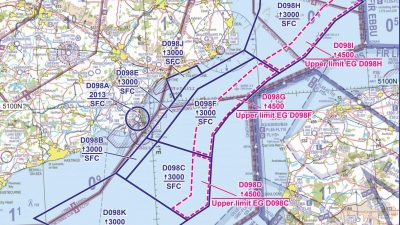
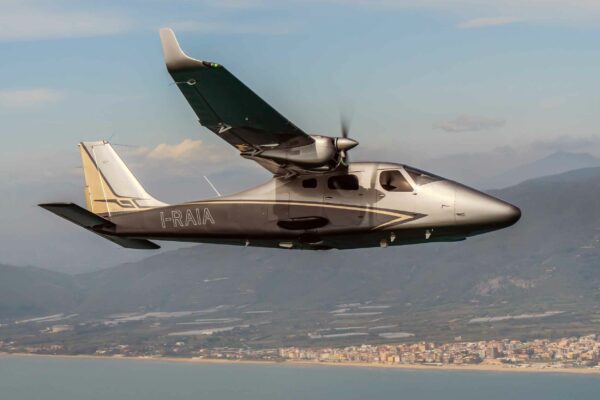
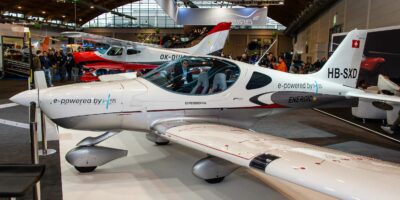
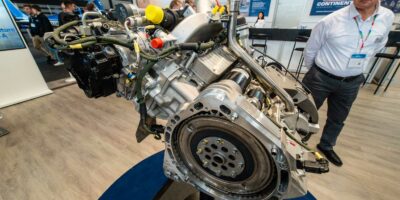
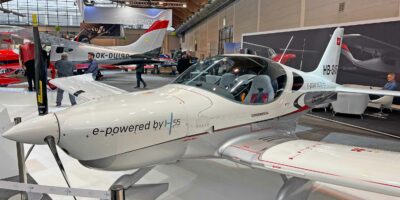
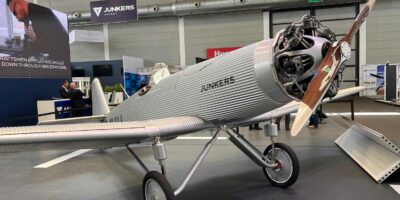
1 comment
This has been the subject of discussions before; nevertheless let me repeat my heart felt plea to the designers of the new museum.
Please make it clear to children that the financing of Concorde was a politically motivated bottomless pit. This is no way to approach normal commercial engineering and should never be repeated. It is so important that youngsters are not drawn to engineering believing that governments should sponsor glamorous projects or that they could reasonably expect to aspire to such a feather bedded career. Men on the Moon, Concorde and the Super Sonic Car are all examples of technically difficult folly. It is not what engineering is all about.
Do not be fooled by the suggestion that money being thrown at a lost cause stimulates the economy; roads, social housing is the way to do that, money gets spread around more evenly in the hands of ordinary people who then spend it locally; now that’s Keynesian economics; massive wasteful finance of Concorde simply piled on national debt; it does not go away; ask any Greek.
Talk about ‘Spin-off’ is just propaganda, a smokescreen to try to hide the embarrassment of wasting a king’s ransom; I assure you that we would have had Velcro without the one team ‘race!’ to the Moon.
I suggest that the whole story should be told at any honest Museum as follows:-
Concorde was a vision that evolved from an almost euphoric belief that the World would go supersonic and that the gross waste of fossil fuels would continue indefinitely; this led aircraft manufacturers around the World, together with and political interests, to look towards possible SST designs. The very substantial initial studies had already predicted that the returns on such aircraft were likely to be small and most counties backed off eventually including the USA. So why did it go ahead in France and the UK? Put quite simply but accurately, political expediency; politicians will spend other people’s money without constraint in search of a footnote in history for themselves; being remembered as the man who led the UK to their rightful place in Europe would have overshadowed all other thoughts; flattering Charles de Gaulle would be a small price. The extraordinary deal with Sud was purely aimed at softening the French Leaders stance to UK entry to the EEC; it failed; with De Gaulle insisting that Super-Caravelle (as it was then known, not to be confused with the subsonic aircraft that eventually used that name) was a French Concept with no place for Yankyfile Brits. Development eventually rested on a Government treaty rather than any commercial expectation making it a French aircraft with UK involvement. Ironically Sud already intended to procure UK engines for Super-Caravelle anyway, being a subcontractor would have made so much more sense paving the way to the UK’s true place in commercial aviation, we make first class ‘Bits’.
But what of the deadly embrace imposing crippling penalties on any side that instigated cancellation? Well that was all British I’m afraid; visions of a Smoking Gun and bleeding foot spring to mind. It was Macmillan’s Folly, but he meant well; haunted by the Great Depression his Keynesian beliefs in maintaining demand through public investment extended to Concorde no doubt; after all, it had appeared to work until the internationalisation of commerce resulted in one countries expenditure stimulating other countries’ economies more than their own; Economics will always be thus; chasing moonbeams.
Concorde; technically brilliant at mach 2; technically risky, even foolhardy at take off and landing; big.big political and commercial mistake.
So why did we help the French to build their aircraft??
The consensus is that the determination to build Concorde from the UK point of view was to ‘buy’ UK entry into the EEC;it failed but there we go. I cannot believe that any PM was excluded from the decision to sign such a huge blank cheque so presumably Macmillan was in the know throughout. However, I cannot imagine what the hidden agenda was from the French point of view. Does anyone have the inside track on the French motive?
My guess:-
General de Gaulle wanted to exclude the UK from the EEC and he succeeded. The strongest European argument for British entry was the UK technical capability in some niche areas; so maybe locking the UK into a high-tech joint project that they could not back out of suited the old fox very well; once signed , he stung everyone by stating that excluding the UK from membership did not prevent the rest of Europe tapping into the areas where it suited them without the inconvenience of changing his stance on UK inclusion and used the Concorde project as his irrefutable evidence.
Was the Macmillan old guard out manoeuvred by the foxy old General? Could be, after all he managed to swagger into Paris as the liberating hero without firing a shot, so outplaying Mac would have been easy for him.
Isn’t the right wing irrational politics of yesteryear just a hoot; better than a West End play; pity that the tickets were so bloody expensive.
Try downloading Aviation: Concorde Standard Note: SN/BT/2764 from the Library of the House of Commons – very enlightening. Reading between the lines we may detect a determination from the proud General to refuse, at any price ( well certainly the price of Concorde) , to allow the Americans to buy the right to supply all the civil airliners that the Western Democracies required, using the wealth accumulated during WW2. The USA was the only country to profit from and come out of that traumatic time much much richer than they went in; and then they had the nerve to refuse to share Nuclear secrets with France; worse still, the UK also refused to share USA secrets that they were party to with France and that went up even the Generals ample nose; was the treaty just spiteful then?